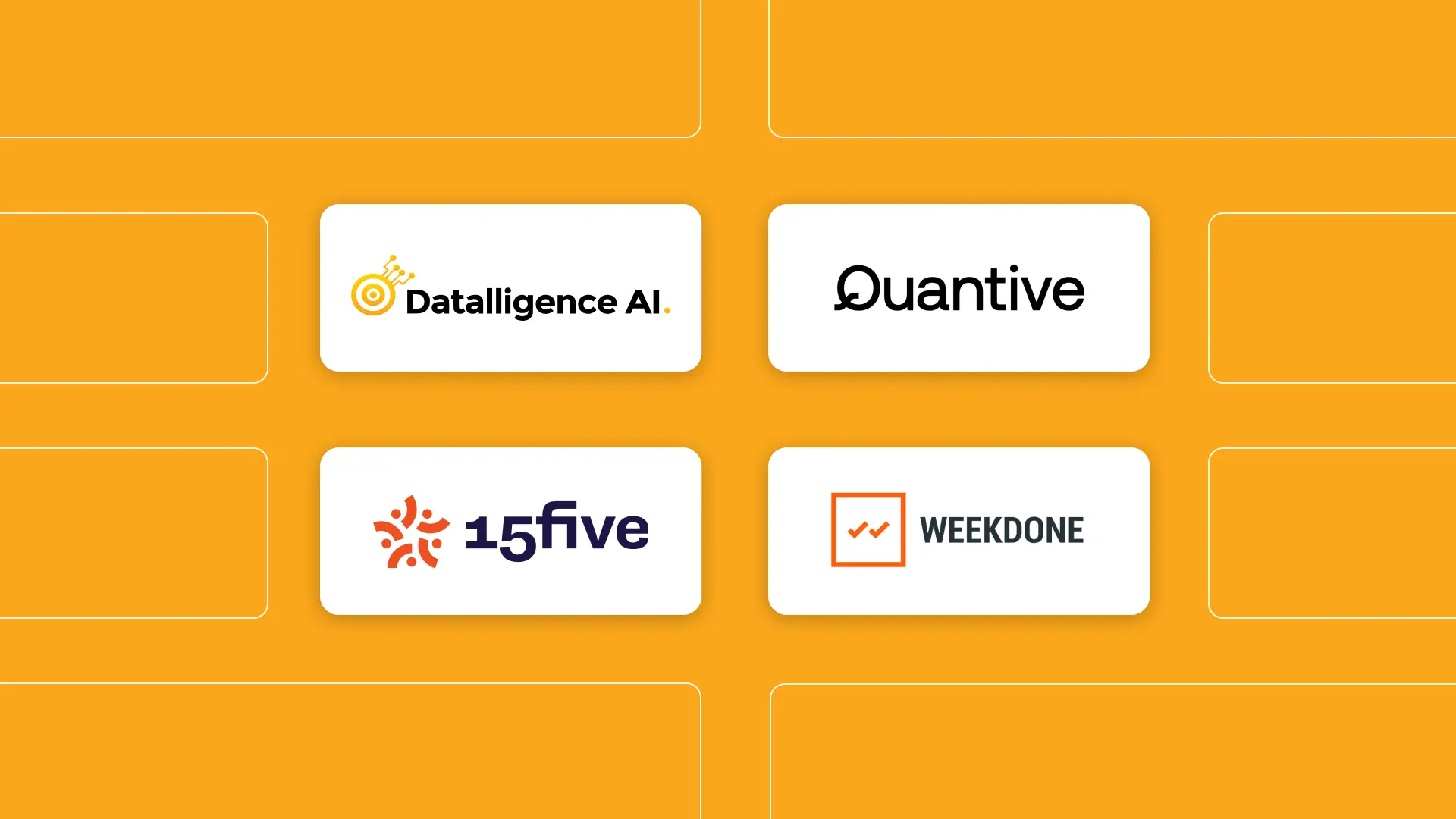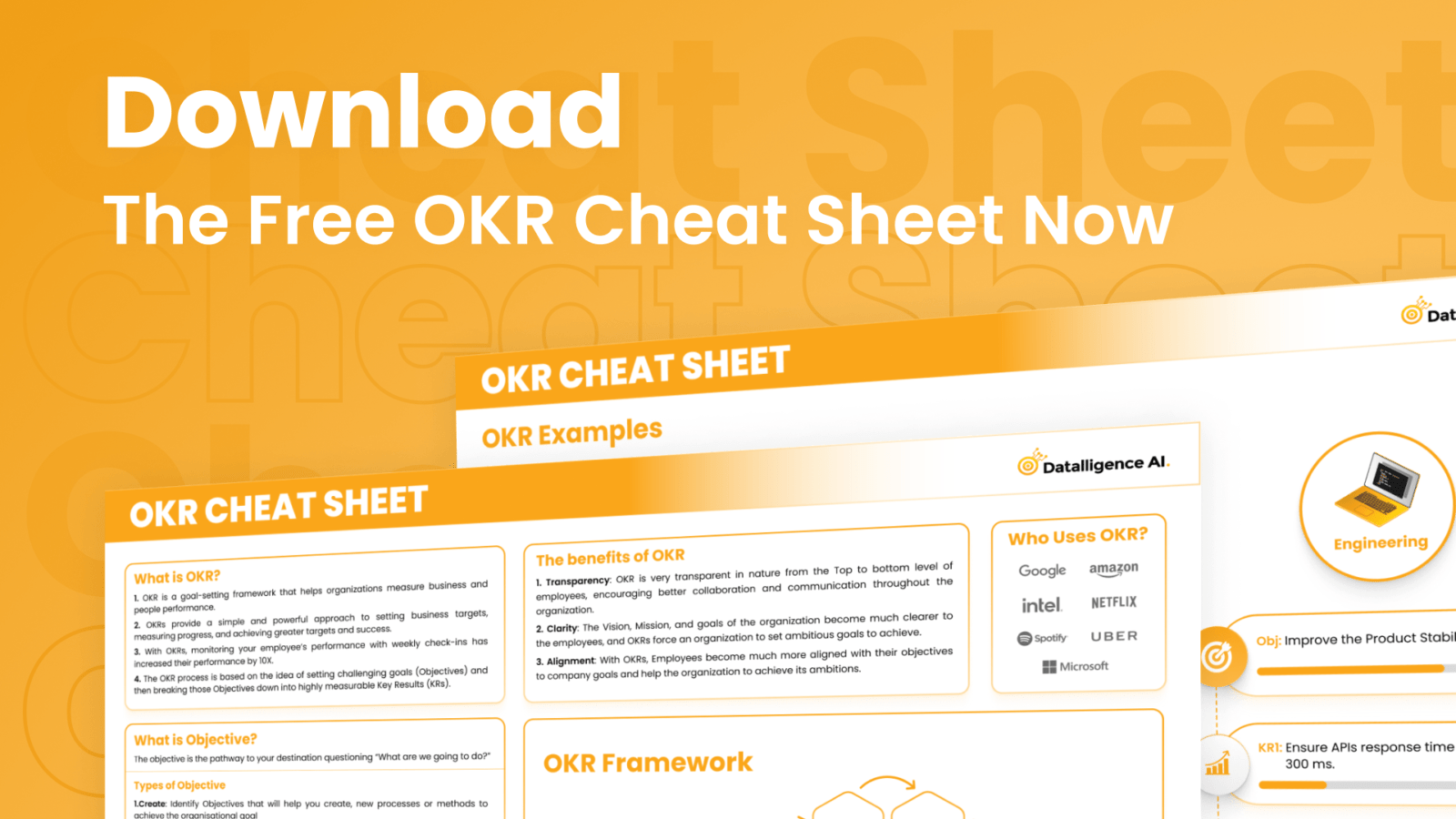Performance reviews are a crucial aspect of effective performance management for managers. These reviews provide an opportunity to assess employee performance, set goals, and provide constructive feedback. By conducting performance reviews, managers can motivate their team members, improve productivity, and foster a positive work environment. In this comprehensive guide, we will explore 12 valuable performance review tips for managers to enhance their skills and ensure successful performance review management.
Why Performance Reviews Matter
Performance reviews serve multiple purposes in the workplace. They not only provide a platform for evaluating employee performance but also enable managers to align individual goals with organizational objectives. These reviews offer valuable opportunities to recognize achievements, identify areas for improvement, and facilitate career development. When conducted effectively, performance reviews can boost employee morale, engagement, and overall productivity.
Preparing for Performance Reviews
Before conducting performance reviews, managers should invest time in comprehensive preparation. By doing so, they can ensure a productive and meaningful review process. Here are some essential tips to consider while preparing for performance reviews:
1. Collect Relevant Information
Gather relevant information about each employee’s performance throughout the review period. This includes reviewing notes, performance metrics, and feedback received from peers, customers, and other stakeholders. Having a comprehensive understanding of an employee’s performance will enable you to provide accurate and specific feedback during the review.
2. Establish Clear Objectives
Set clear objectives for the performance review process. Communicate the purpose of the review to employees and explain how their performance aligns with the organization’s goals. This will help employees understand the significance of the review and ensure a focused and productive discussion.
3. Choose an Appropriate Setting
Create a positive and comfortable atmosphere for the performance review discussion. Select a private and quiet location where both you and the employee can have an open and confidential conversation. A conducive environment will encourage employees to share their thoughts, concerns, and aspirations.
4. Review Employee Self-Assessments
Encourage employees to complete self-assessments before the performance review. Self-assessments allow employees to reflect on their performance, identify strengths and areas for improvement, and set personal goals. Reviewing these self-assessments will provide valuable insights and facilitate a more comprehensive discussion during the review.
Tips for Conducting Performance Reviews
Conducting performance reviews requires effective communication, active listening, and the ability to provide constructive feedback. Here are 12 performance review tips for managers to ensure a successful review process:
1. Set the Stage
Begin the performance review by setting a positive tone and clearly outlining the agenda. Express your appreciation for the employee’s contributions and emphasize the importance of the review in their professional development. This will help create a supportive environment conducive to open and honest dialogue.
“The performance review is an opportunity for us to recognize your achievements, discuss areas for growth, and set goals for the future. Your contributions are valued, and we are here to support your professional development.”
2. Focus on Specific Behaviors and Results
During the performance review, provide feedback based on specific behaviors and results rather than making general statements. This will enable employees to understand their strengths and areas for improvement more effectively. Use concrete examples and measurable outcomes to support your feedback.
“I appreciate your proactive approach to resolving customer complaints. Your ability to handle difficult situations with professionalism and empathy has contributed to a higher customer satisfaction rate, as reflected in the positive feedback we received from clients.”
3. Balance Positive Feedback and Constructive Criticism
Maintain a balance between positive feedback and constructive criticism during the performance review. Recognize and appreciate the employee’s accomplishments and strengths, while also addressing areas where improvement is needed. This approach will motivate employees to continue excelling while guiding growth.
“Your attention to detail and strong organizational skills have been instrumental in meeting project deadlines. However, I suggest exploring opportunities to enhance your collaboration skills to foster better teamwork within the department.”
4. Encourage Two-Way Communication
Promote open and honest communication by actively listening to the employee’s perspective. Encourage them to share their thoughts, concerns, and aspirations. Ask open-ended questions to gain deeper insights into their experiences and challenges. This will foster a sense of trust and engagement during the performance review.
“How do you feel about your current workload? Are there any specific areas where you would like additional support or resources? I value your input and want to ensure you have what you need to excel in your role.”
5. Acknowledge Effort and Progress
Recognize the employee’s efforts and progress made since the last performance review. Highlight their commitment to personal growth and their willingness to take on new challenges. This acknowledgement will motivate employees to continue their development journey.
“I want to commend you for improving your presentation skills. Your participation in the public speaking workshop and the subsequent improvement in your delivery have not gone unnoticed. Keep up the great work!”
6. Collaboratively Set Goals
Involve employees in the goal-setting process to enhance their commitment and engagement. Collaboratively identify goals that align with their strengths, interests, and career aspirations. Ensure that these goals are specific, measurable, achievable, relevant, and time-bound (SMART).
“Let’s work together to set goals that will challenge and stretch you while aligning with your long-term career aspirations. By focusing on these goals, you will have the opportunity to further develop your skills and make a significant impact in your role.”
7. Create an Action Plan
Develop a clear action plan with the employee to outline the steps necessary to achieve their goals. Break down goals into manageable tasks and establish a timeline for completion. Regularly review progress and provide ongoing support and feedback to ensure success.
“To support your goal of enhancing your project management skills, I suggest enrolling in a certification program and actively seeking opportunities to lead cross-functional projects. Let’s schedule regular check-ins to monitor your progress and address any challenges along the way.”
8. Provide Ongoing Feedback
Performance feedback should not be limited to the annual performance review. Foster a culture of continuous feedback by providing timely and specific feedback throughout the year. This will enable employees to make necessary adjustments and improve their performance in real time.
“I appreciate your proactive approach to seeking feedback and your willingness to learn and grow. I will continue to provide ongoing feedback and support to help you reach your full potential.”
9. Recognize Achievements
Celebrate and recognize employee achievements and milestones. Express your appreciation for their hard work and dedication. This recognition will not only boost morale but also reinforce positive behaviors and motivate continued excellence.
“Congratulations on surpassing your sales targets for the quarter! Your exceptional sales performance has had a significant impact on our overall business growth. Thank you for your dedication and commitment to delivering outstanding results.”
10. Address Developmental Needs
Identify areas where employees require additional support or development opportunities. Offer resources such as training programs, mentorship, or coaching to help them bridge any skill gaps. Encourage employees to take ownership of their development and provide guidance on how they can enhance their skills.
“To further develop your leadership capabilities, I recommend participating in our leadership development program. This program will provide you with the necessary tools and insights to excel in your role and prepare you for future leadership opportunities.”
11. Encourage Self-Reflection
Promote self-reflection by encouraging employees to assess their performance and identify areas for improvement. Ask them to reflect on their strengths, accomplishments, and challenges. This self-reflection will empower employees to take ownership of their growth and development.
“Take some time to reflect on your performance over the past year. Consider your achievements, the skills you have developed, and areas where you believe you can improve. Your self-assessment will be valuable input for our discussion during the performance review.”
12. Offer Support and Resources
Ensure that employees have access to the necessary resources, tools, and support to achieve their goals and enhance their performance. This may include training programs, mentorship opportunities, or access to relevant technology or software. Providing the right support will enable employees to thrive in their roles.
“Please let me know if there are any resources or training programs that you believe would be beneficial to your professional development. I am here to support you and provide the necessary resources to help you succeed.”
Handling Difficulties and Mistakes in Performance Reviews
Alongside recognizing achievements, managers must also address difficulties and mistakes during performance reviews. Handling these situations with sensitivity and professionalism is crucial. Here are some tips for managing difficulties and mistakes during performance reviews:
1. Focus on Behavior, Not Personality
When addressing performance issues, focus on specific behaviors rather than making personal judgments. Constructive feedback should be directed towards actions and outcomes rather than attributing them to an individual’s character. This approach promotes a fair and objective review.
“During the project, I noticed that some of the deliverables were submitted past the deadline. Let’s discuss how we can improve our time management strategies to ensure timely completion of tasks.”
2. Be Specific and Provide Examples
When discussing performance issues, provide specific examples to illustrate the areas of concern. This will help employees understand the impact of their actions and enable them to make necessary improvements. Avoid generalizations and provide actionable feedback.
“In the recent client presentation, there were several instances where you struggled to answer questions confidently. To enhance your presentation skills, I recommend practicing mock presentations and seeking feedback from colleagues.”
3. Maintain a Constructive Tone
While addressing difficulties or mistakes, maintain a constructive and supportive tone. Emphasize the importance of learning from mistakes and growing from them. Offer guidance and resources to help employees overcome challenges and improve their performance.
“I understand that you encountered some challenges during the project. Let’s work together to identify strategies that can help you overcome these obstacles and achieve better outcomes in future projects.”
4. Create an Action Plan for Improvement
Collaborate with the employee to create an action plan that outlines steps for improvement. Clearly define expectations and set realistic goals and timelines. Regularly monitor progress and provide ongoing support and feedback to ensure continuous improvement.
“To address the issue of missed deadlines, let’s establish a more structured approach to task prioritization and time management. I will provide additional guidance and resources to help you develop these skills.
Conclusion
Conducting effective performance reviews is a critical responsibility for managers. By following these 12 essential tips, you can enhance your team’s performance, foster employee growth, and create a positive and supportive work environment. Remember, performance reviews are not just about evaluation but also an opportunity to empower and inspire your employees to reach their full potential.
At Datalligence.ai, we understand the importance of performance reviews in driving organizational success. Our comprehensive performance management software provides innovative solutions to streamline the review process, facilitate feedback, and empower managers to be effective leaders. Visit our website to learn more about how Datalligence.ai can support your performance review management needs.











